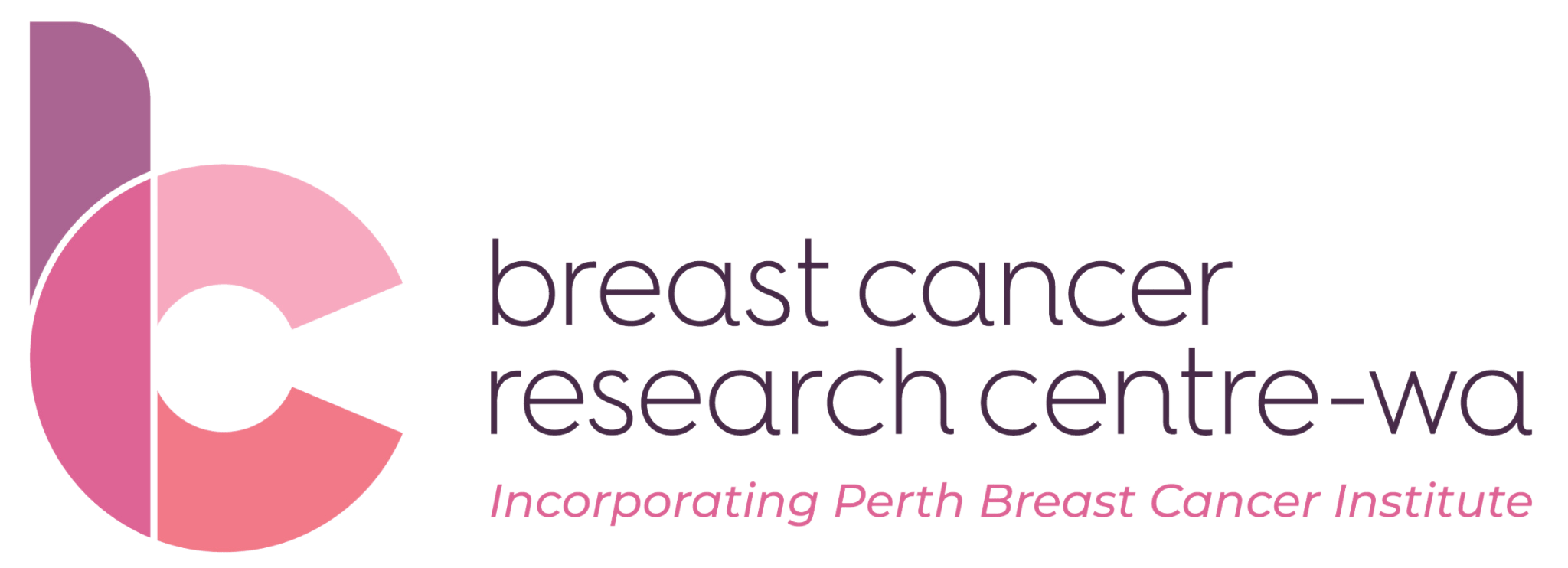Exploring Good Money Habits
Financial advisor and Director, Lighthouse Capital Julia Schortinghuis shares some Good Money Habits in this article to help our readers better understand their finances.
A Cancer diagnosis can carry concerns relating to costs, temporary loss of income and household budgeting. Julia shares some tips on how to better understand your finances.
Julia has also fundraised for BCRC-WA by being part of a team to swim the Rottnest Channel Swim.
What keeps me awake at night is that due to ever-increasing regulation and compliance in financial planning which was well intended, the consequence is that the majority of Australians cannot afford to access financial advice – ironically those that need the most assistance.
This coupled with the fact that we have one of most complex tax and super systems in the world led me to take action and try to do something about it.
During the first coronavirus lockdown in 2020, I decided to start recording a community podcast, The Good Money Habits Podcast (available on Spotify and Apple Podcasts) with a view to building a timeless vault that can be tapped in and out of by the listeners. Understanding and building knowledge around money is the first step, however in order to make meaningful change, you also need to understand how to develop good habits around money.
Where you spend your money says a lot about what you value and this podcast series is all about guiding you to align how you spend your money with your values. It is also about addressing and removing guilt you may feel around money to free you up to live the life you want to live.
It is never too late to learn and even the tiniest of changes can result in big gains long term. Just start – don’t expect to be perfect straight away – be curious and perhaps redefine what “success” means to you.
The first six episodes in Series 1 form the Foundation Series where I cover how to set goals and objectives, the fundamentals of investing, budgeting, superannuation and insurances. Thereafter I interview my peers and colleagues who are experts in specialist areas like estate planning, divorce, cashflow for small business, aged care, kids and money and understanding managed funds and the mind/money connection …..so much of the way we feel about money and “money blocks” that we all have (myself included) stems from our childhood experiences.
Just take a moment right now and think about how money was in your home –
- Was it plentiful?
- Was it talked about?
- Was it scarce?
- Was it a source of anxiety and pressure?
If you have a partner, consider how money was handled in their home (if you don’t know it might be useful to ask) because understanding these differences can help you as a couple start to understand why you may react differently in relation to financial decisions.
Money is a key source of anxiety and strain for many and is the leading cause of divorce in Australia. Startling statistics show that on average WA women have less than half the savings of men and a third of WA women retire with zero superannuation. A lesser-known statistic is that 8 out of 10 women who seek support for domestic and family violence have been victims of financial or economic abuse.
If this is an area of concern for you or someone you know, an excellent resource for support is the Financial Toolbox website – www.financialtoolbox.org.au which is practical, reliable and easy to understand.
One question I am often asked, is if you are not really interested in money or finances – what are the basics that you should know?
This is my bare bones list and a good place to start:
- Bank logins and how to pay bills
- Understand what you own and how is it owned – for example is it in joint names, family trusts, company name etc
- What do you owe and to whom – do you pay the minimum required on debt repayments or are you paying extra?
- What are your ongoing living costs?
- Do you spend more than you earn or are you able to save?
- If you or your partner (where applicable) were to unexpectedly pass, suffer a total and permanent disablement event or receive a serious health diagnosis – are you protected?
- If you or your partner were to pass what would happen? Do you have a valid Will and where would your assets go?
Having a household budget is important no matter what your income / expense mix as this will enable you to get clarity on what your capacity to save is and from there – how you will deploy those savings in order to grow your wealth.
My final tip is that if you have an accountant, banker and/or financial planner, I strongly encourage you to join the meetings if you don’t already do so. Remember that you are their customer, there are no stupid questions and it is their legal obligation to ensure that you understand advice they are providing. ‘

Our full range of Resources
Breast Cancer Research Center – WA aims to support and educate breast cancer patients. For a specific pamphlet, ask our staff at your next appointment or download it from our website.
